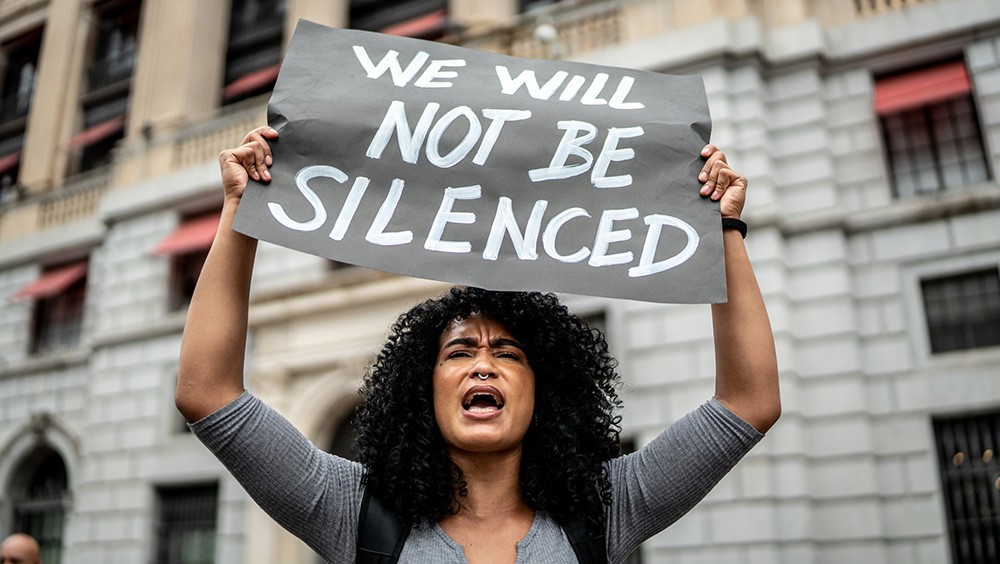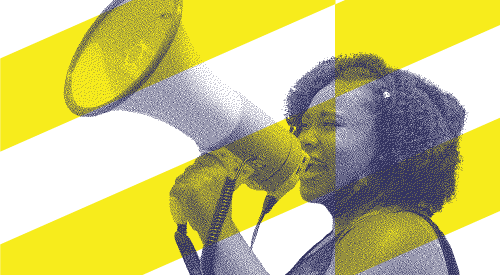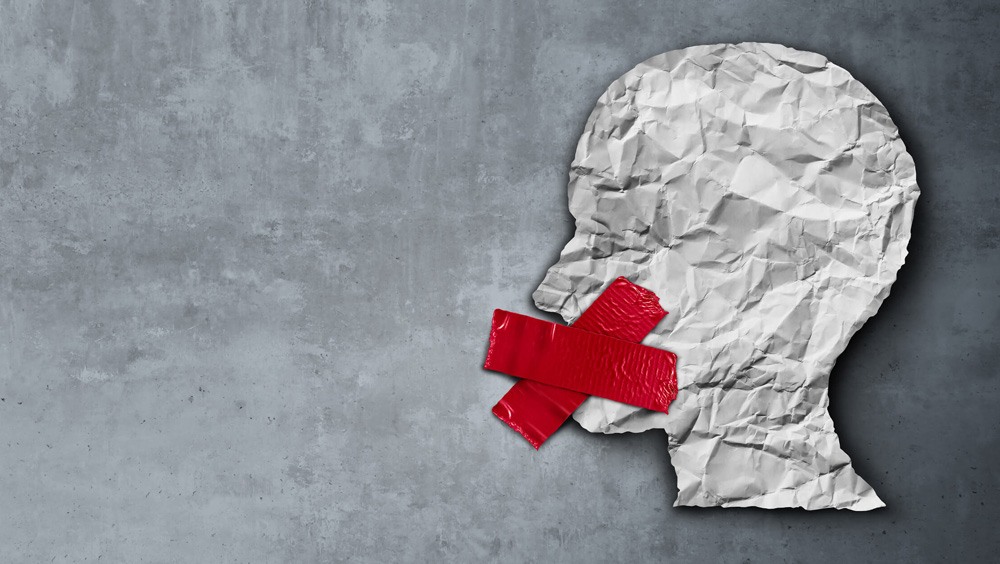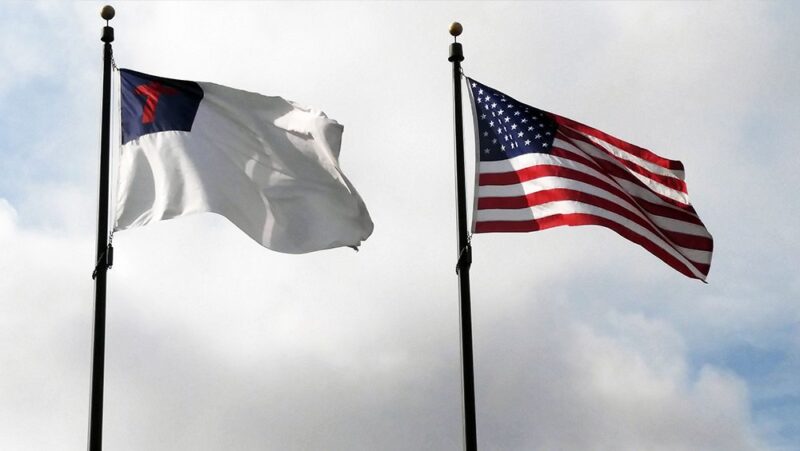Freedom of Speech
What is freedom of speech?
Freedom of speech protects the ability to voice our beliefs, views and ideas without the government preventing us from speaking or punishing us for what we say.
It is not an unlimited right protecting the ability to say anything, anywhere, any time. It does not apply to private companies or workplaces. But it does limit when the government can regulate speech and expression.
What is speech under the First Amendment?
Under the First Amendment, freedom of speech includes the literal words someone might say verbally. It also includes the written word, from books to blogs to bumper stickers. It includes recorded works, like movies, TV shows, music, video games and social media videos.
It includes other types of expression that may or may not feature words, such as art, sculpture, clothing and donations in support of causes.
Freedom of speech protects the right to speak or express views and ideas. It also protects the right to refrain from speaking when one disagrees. In other words, it includes the right not to speak.
Finally, freedom of speech also protects anonymous speech – the right to express something without attaching your name.
How is freedom of speech protected under the First Amendment?
Under the First Amendment, freedom of speech is protected from government interference.
The government cannot, in most cases, prevent expression. Similarly, it generally cannot punish people because of their speech or expression. To prevent or punish speech, the government must meet strict legal guidelines.
Free speech is especially protected from the government preventing, punishing or regulating it based on the message or viewpoint expressed in the speech. In other words, speech with one opinion cannot be protected while speech with a different opinion is punished, without meeting the strictest legal tests.

Who has freedom of speech under the First Amendment?
The First Amendment protects everyone in the United States.
Because the First Amendment places a limit on government, it protects anyone who might be affected by government actions.
That includes people who are citizens, people who are not citizens, people with popular views, people with views the majority might disagree with, people of all ages and identities, and groups of people like businesses and organizations.
In some cases, people’s circumstances may mean they are subject to increased government oversight of their speech. This includes students while in public schools, government employees (especially when they are on the job), and businesses when advertising.
But freedom of speech cannot be limited because of someone’s race, age, gender, sexual orientation, religion, national identity, disability, genetic information, ancestry, viewpoint or beliefs.
Explore our freedom of speech article library

Can freedom of speech be limited?
Freedom of speech can sometimes be limited provided there is a strong enough reason, and the restriction is as specific as possible, so speech is impacted as little as possible.
Speech can be limited when the restrictions are unrelated to the speaker’s message. Speech might be restricted near schools, places of worship, hospitals or in residential areas when that speech might pose an unreasonable disruption. Such limits on the time, place or manner of speech apply no matter its content.
Types of speech that can be limited
Some types of speech are subject to limits.
For example, commercial speech – speech used to advertise – is somewhat less protected and more regulated than other types of speech.
Speech that is dangerous or that causes harm may be limited.
For example, defamation is speech with false information that damages someone’s reputation. If someone believes they have been defamed, they may sue the speaker. However, not all lies are defamation, and not all lies lose First Amendment protection.
Other categories of speech that may be limited include obscenity, plagiarism, blackmail, true threats and lying under oath. These each have very specific legal definitions.
RELATED: What speech is protected by the First Amendment?
It is important to note that speech that is potentially false, offensive, objectionable or hateful is protected by the First Amendment, unless it fits the specific definition of a category of unprotected speech.
Speech that is false may not be punished by the government unless that speech is also, for example, defamation. Speech that is offensive may not be punished unless it is also, for example, obscene.
People whose speech can be limited in some circumstances
Public school students, people in prison and government employees are three groups whose speech may be more limited.
One of the government’s responsibilities is to provide public education. While students have free speech rights in schools, those rights can be limited if they substantially disrupt other students’ education.
The government is responsible for safety and security in prison. The speech rights of people in prison may be limited if needed to preserve security.
Government employees represent the government when they are on the job. Their speech may be limited to align with their job responsibilities and to ensure others’ rights are protected, especially when that speech is part of their job.

Places speech can be limited
The First Amendment limits the government. It does not apply in private spaces or to private people or organizations. In fact, the First Amendment protects private people and companies’ right to make their own decisions about speech in their spaces.
This means that social media companies and private employers, for example, may create their own policies about speech and may moderate content as they choose.
Publishing companies may decline to publish someone’s book. Newspapers may choose not to publish someone's letter to the editor. Radio stations may decide not to play a certain song. People using social media may choose to block another user.
If the government shuts down a speaker because of listeners’ reactions, the government has violated the speaker’s rights. But if listeners wish to disagree with a speaker or counter a speaker with their own speech, the First Amendment protects their right to do so.
Some conversations around freedom of speech today ask whether people’s responses to speech may violate the idea of free speech, if not the First Amendment itself, by creating backlash that pressures a speaker to stop speaking or to change their view.
Many people say they choose to self-censor or not express themselves publicly or on social media out of fear.
The First Amendment does not require anyone to speak. It does not require that speech be supportive, civil or anything else. It does suggest that robust civil dialogue is important enough to be highly protected from government limits.
Why is freedom of speech part of the First Amendment?
Freedom of speech is designed to protect participation in democracy. Expressing views openly in society is one important way communities make decisions and hold governments accountable.
This is why the First Amendment protects free speech, especially speech related to political issues, and why it protects speech reflecting all views.
Freedom of speech also protects our personal choices. We not only get to say what we want to say, we also get to read, wear, watch, draw, and listen to what we want without the government making those decisions for us.
Where does America stand on freedom of speech?
Freedom of speech is increasingly Americans’ most known and most valued First Amendment freedom.
But there are limits to what people know and accept, particularly among younger people. For example, Americans are divided over protection for hateful or offensive speech. Women, people of color and younger people were more likely than older white men to favor limits on offensive or hateful speech.
Explore the Freedom of Speech
Prayers protected: What does the Supreme Court say about prayer in school?
Latest articles
You might also be interested in


